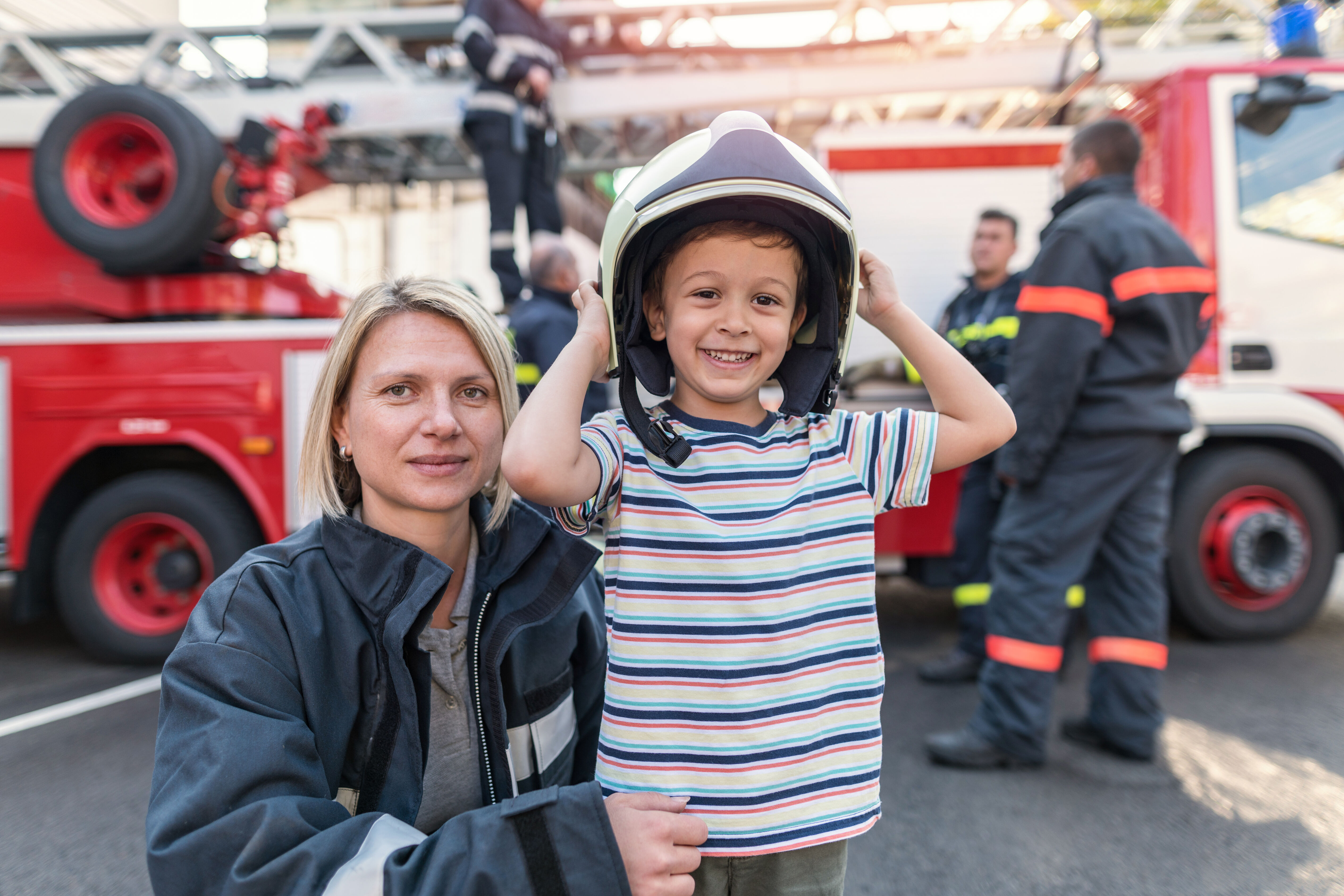Wellness Beyond Work: Supporting Families and Loved Ones
Supporting the families of public safety personnel is essential, as their well-being directly impacts the resilience and mental health of those who serve.
Behind each Public Safety Personnel (PSP) is a family navigating the unique challenges of their loved one’s often demanding career. While attention and support may be offered for the mental health of PSPs themselves, wellness of their families is often overlooked (Leroux et al., 2021). Workplaces that extend support beyond the PSPs could help build resilient families—and further support their teams.
The Importance of Supporting Families
Supporting PSPs means supporting their families. Stress, shift work, and emotional strain that may be experienced while working as a PSP extends beyond the individual, potentially leading to decreased quality time spent with loved ones, communication difficulties, feeling more distant from spouses, and reduced social activity (Wheater and Erasmus, 2017).
Efforts made to support the whole family can help strengthen the resilience and well-being of those who serve. In a study exploring the experiences of trauma and well-being among PSPs, exposure to traumatic events were reported to affect not only individuals themselves but also families, often resulting in strained relationships, including damaged parent-child bonds, and heightened stress and tension within the household (Ricciardelli et al., 2018). Additionally, research suggests that families and loved ones of PSPs can be important in maintaining and supporting the mental health of PSPs (Leroux et al., 2021).
Family wellness is not separate from team wellness—it’s an important extension of it. When families feel supported and understood, PSPs may feel more secure, grounded, and resilient themselves. Education, connection and resources through the workplace may all play a powerful role in supporting families. Support can be offered through facilitating peer groups (i.e., partners and family members sharing their experiences etc.), including families in social events, and offering wellness tools and resources to families.
Resource Spotlight: PSPNET Families
PSPNET Families offers resources that are designed to support families of PSPs. PSPNET focuses on creating and sharing evidence-based resources with information and strategies for families of PSPs to support mental health.
More information on PSPNET Families and their resources can be found here: https://www.pspnet.ca/en/for-families-of-psp
References:
Leroux, J., Richmond, R., Fitzpatrick, S., Kirkland, H., Norris, D., Mahar, A., MacDermid, J., Dekel, R., & Cramm, H. (2021). Experiences of families of public safety personnel: A systematic review protocol of qualitative evidence. Systematic Reviews, 10(1), 258. https://doi.org/10.1186/s13643-021-01807-1
Ricciardelli, R., Carleton, R. N., Groll, D., & Cramm, H. (2018). Qualitatively unpacking Canadian public safety personnel experiences of trauma and their well-being. Canadian Journal of Criminology and Criminal Justice, 60(4), 566–577.
https://doi.org/10.3138/cjccj.2017-0053.r2
Wheater, K., & Eramus, C. J. (2017). Experiences of secondary trauma amongst spouses of emergency service personnel. Social Work, 53(4), 470–478. https://doi.org/10.15270/53-4-593
.png)
.png)
.png)
.png)
.png)
.png)

 (1).png)







.jfif)